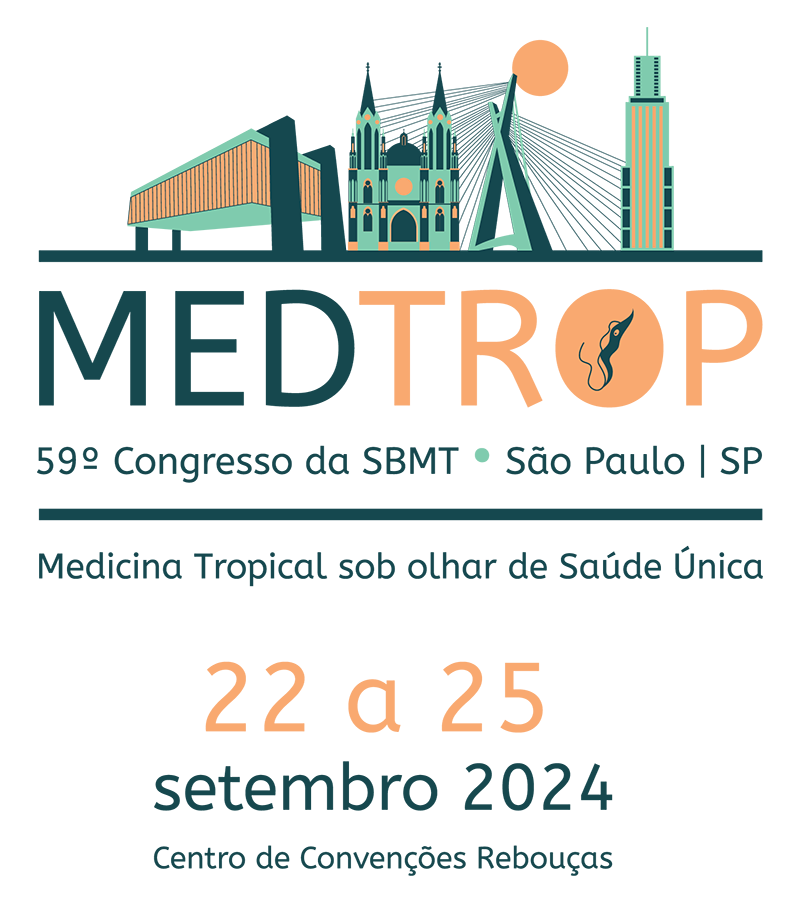Dados do Trabalho
Título
Participation and innovation in prioritizing zoonosis surveillance from the perspective of One Health in the Pantanal and Western Border of Brazil
Introdução
Health surveillance, a pillar of One Health, is fundamental for confronting and anticipating health problems in humans and animals in the Pantanal.
Objetivo (s)
Build a methodological basis to support the implementation of One Health in the Pantanal and Western Border of Brazil
Material e Métodos
The US CDC methodology applied in Ethiopia was adapted to identify priority zoonoses. 82 human, animal and environmental health professionals from research institutions and Universities, technicians, and managers from the State and Municipal Health and Environment Secretariats, Ministry of Health, PAHO, Ibama, Servicio Departamental de Salud de Santa Cruz - Bolivia, and civil society participated in the preparation. Zoonoses were identified due to their complexity, ecology, and type of prevention, which must necessarily involve the integration and intersectoral knowledge, data, actions, and surveillance, in addition to traditional knowledge. The importance of zoonoses was established by the final score, determined by the sum of the weights of each criterion (from 0 to 3) attributed to: geographic scope, type of transmission, zoological groups involved, anthropogenic/climatic impacts, opportunity for community engagement, among others. Risk considered severity in people, domestic and wildlife, animal exposure/contact, economic impacts on health, economy and biodiversity, diagnostic and intervention capacity, lack of knowledge of any of the criteria, intersectoral collaboration.
Resultados e Conclusão
Sporotrichosis (S), leishmaniasis (L) and wild arboviruses (WA) were listed. For S, widespread occurrence in the region, transmission from individual to individual/animals/people, lack of prevention mechanisms, and opportunity for community engagement were highlighted. The risk to wild animals and the lack of collaboration between public health, animal health and agricultural defense stand out. L was important due to its economic impact on the Brazilian Health Unic System (SUS) and on human health, occurring in Brazil and Bolivia. WA were scored by evidence of enzootic arboviruses in wild hosts, difficulty in diagnosis, cross-border coverage, and opportunity for participatory surveillance, already validated in the region. It was concluded that the results reflected the reality of the local health situation, and the methodology allowed the identification of zoonoses that can initiate an innovative strategy for One Health in the Pantanal and western border of Brazil
Palavras Chave
Participatory methodologies; Frontier; sporotrichosis; leishmaniasis and wild arboviruses
Área
Eixo 14 | Zoonoses e Saúde Única
Prêmio Jovem Pesquisador
4.Não desejo concorrer
Autores
Marcia Chame, Raquel Juliano, Alexsandra Rodrigues de Mendonça Favacho, Alessandro Nunes, Ana Villas Boas, Antonio Malheiros, Alex Pauvolid-Correa, Pedro Zeno, Lucas França, Maria Orgzewalska, Aiesca Pellegrin

 Português
Português English
English